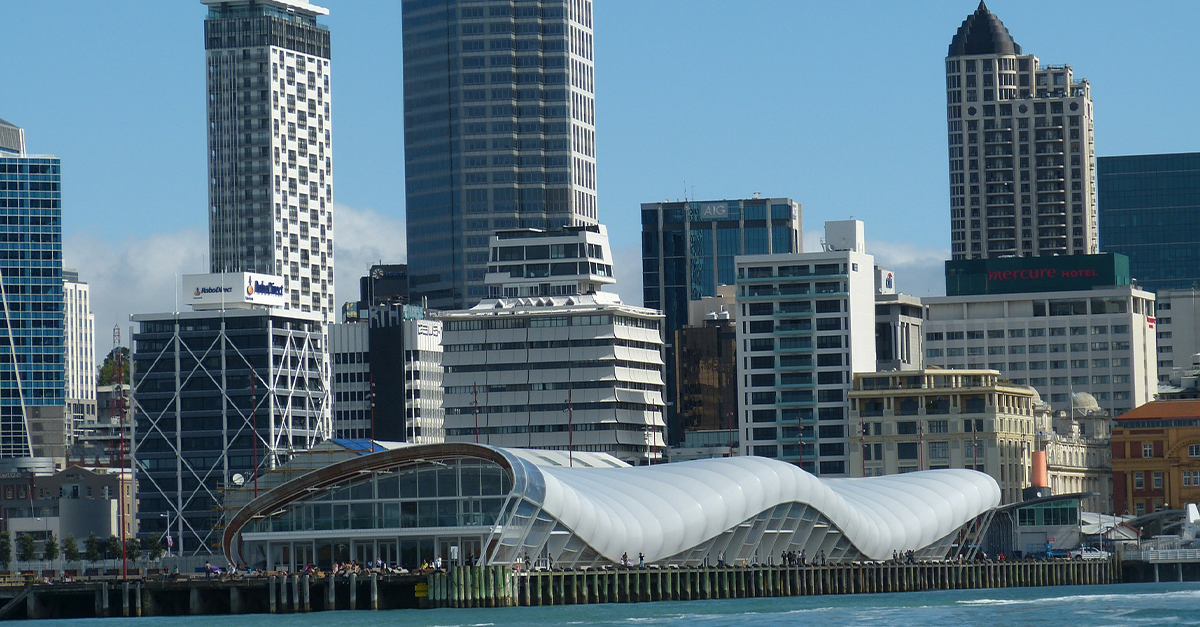
KiwiSaver is slowly and surely changing NZ, creating the most positive sustainable environment for investing in NZ I’ve ever seen. Here’s why I’m so optimistic.
The impact KiwiSaver will have on NZ is hard to exaggerate. By 2030 the Treasury estimates that KiwiSaver schemes will have in excess of $200 billion under management. That’s @$150b more than they currently have.
If we assume that approximately 50% will stay in NZ (which is where we are now), that means a net $75b will be injected into the NZ capital markets over the next 12 years. That’s 28% of current GDP, or 2.3% of current GDP per annum.

Economists will argue over the precise numbers, but you get my drift. It’s a staggering amount of money.
The story gets better when you consider the characteristics of KiwiSaver savings too. The money is invested by members for a long time, up to 40 years. Very few other pools of money in NZ can confidently invest for 20+ years, no matter how good the idea is.
It’s also ‘locked up’ money ie. KiwiSaver members can’t get to their savings unless they want to buy their first home, retire, or are in hardship. That means fund managers don’t have to be so concerned about immediate liquidity. They can make more unlisted and private equity investments, and think about assuming risk (and the commensurate returns) more confidently.
Nor does this pool of money care so much whether the returns come from dividends or capital gains. What matters is long term returns.
And, the cream on the cake is it’s New Zealanders money. The collective savings of millions of KiwiSavers (who also vote) is politically very palatable. For the first time in our lifetimes, New Zealanders, via KiwiSaver, will be buying back NZ.
The net result of this is a new New Zealand emerging, with a previously unheard of amount of local savings going into our domestic capital markets. This is not a tidal wave of capital that comes and goes from foreign investors, it’s a rising tide of local money.
And it’s already happening. Right now, $50m a week is being invested in our local capital markets by KiwiSaver funds. The amount is only going up, and it has to be invested, regardless of market sentiment. And it’s not flaky or flighty capital, it’s pure investment gold.
The benefits for companies that grasp the long term impact of KiwiSaver are immense. NZ is transforming from a capital starved to a capital rich economy. There’s a powerful correlation between size of domestic retirement savings and long term GDP growth. For proof, look at Australia and Singapore.
The risk is that Kiwi companies miss the opportunity. They’ve operated in a #8 wire economy for decades, with any capital raised competing against tax advantaged returns in residential property investment. And institutional investors had nothing like the horsepower they’re acquiring now via KiwiSaver.
The lack of capital has created unintentionally perverse corporate behaviours. The mark of corporate success has traditionally been dividends paid to shareholders. That’s resulted in an overly risk averse, short term corporate mentality. And long term decision making has been overly swayed by the necessity to pay high dividends in order to keep the confidence of investors for the next capital raise.
The net result is that dividends have been very high in NZ over my entire lifetime, starving great businesses of money to re-invest in an already tight capital market. It’s also made capital raising inordinately expensive in NZ. A country reliant on offshore investors, with competing residential property yields, has made raising capital risky. Companies have had to overly reward those investment banks and brokers able to tap scarce investors. As a consequence, too many capital raising are undertaken with expensive underwrites, Fletcher Building being the most recent example.
But the times they are a changing. KiwiSaver money will be there, in increasing quantities. It wants long term return, not yield. It fundamentally wants management to take more risks, which will lead to greater returns. It wants companies thinking longer term, and acting more confidently.
Thankfully, management and governance in NZ is well up to the task. Our corporate leaders are world class. Just look how well Kiwis do when they work in capital rich economies offshore.
For early stage companies, the news is very good too. Given the faster pathways to success that technology and global markets affords, institutional investors will have to invest earlier than they traditionally have.
And the opportunities for them to confidently invest in early stage companies will increase. Traditional fund managers are a conservative lot, and jealously guard their fees. However, in time the sheer supply of money they have to to invest, and the profits made by any of their competitors in early stage investing, will lead to their participation.
However, given they will collectively have billions to invest, any one investment will need to ‘move the needle’. That inexorably leads, in my opinion, to a requirement for the industry to provide them with a way to invest with a wide and broad investment ‘footprint’. Strange at it seems, I suspect most KiwiSaver investment in early stage companies will be with a passive, index based mindset.
Simplicity is responsible for investing our members retirement savings, and we’re encouraging NZ companies to embrace risk, back themselves, and grow their businesses. We know they can.
They’re up to the task, they just need to be up for it. But they need to feel empowered by shareholders, and confident that the capital will be there. They are, and it will.
And the story for early stage investing is equally optimistic. The industry will need to speak the language of KiwiSaver, and provide the right vehicles for investment. But build it, and they will come %).
This is as exciting a time to be in business, and to be investing, as I’ve ever seen. The rising tide of KiwiSaver capital is the ‘X’ factor for companies who embrace the opportunities and invest confidently...
This blog is written by Sam Stubbs, Managing Director of Simplicity, an online, non-profit KiwiSaver plan that charges members what it costs, nothing more.


.png?height=500&name=Olivia%20Blaylock%20(2).png)
.png?width=50&name=Olivia%20Blaylock%20(2).png)